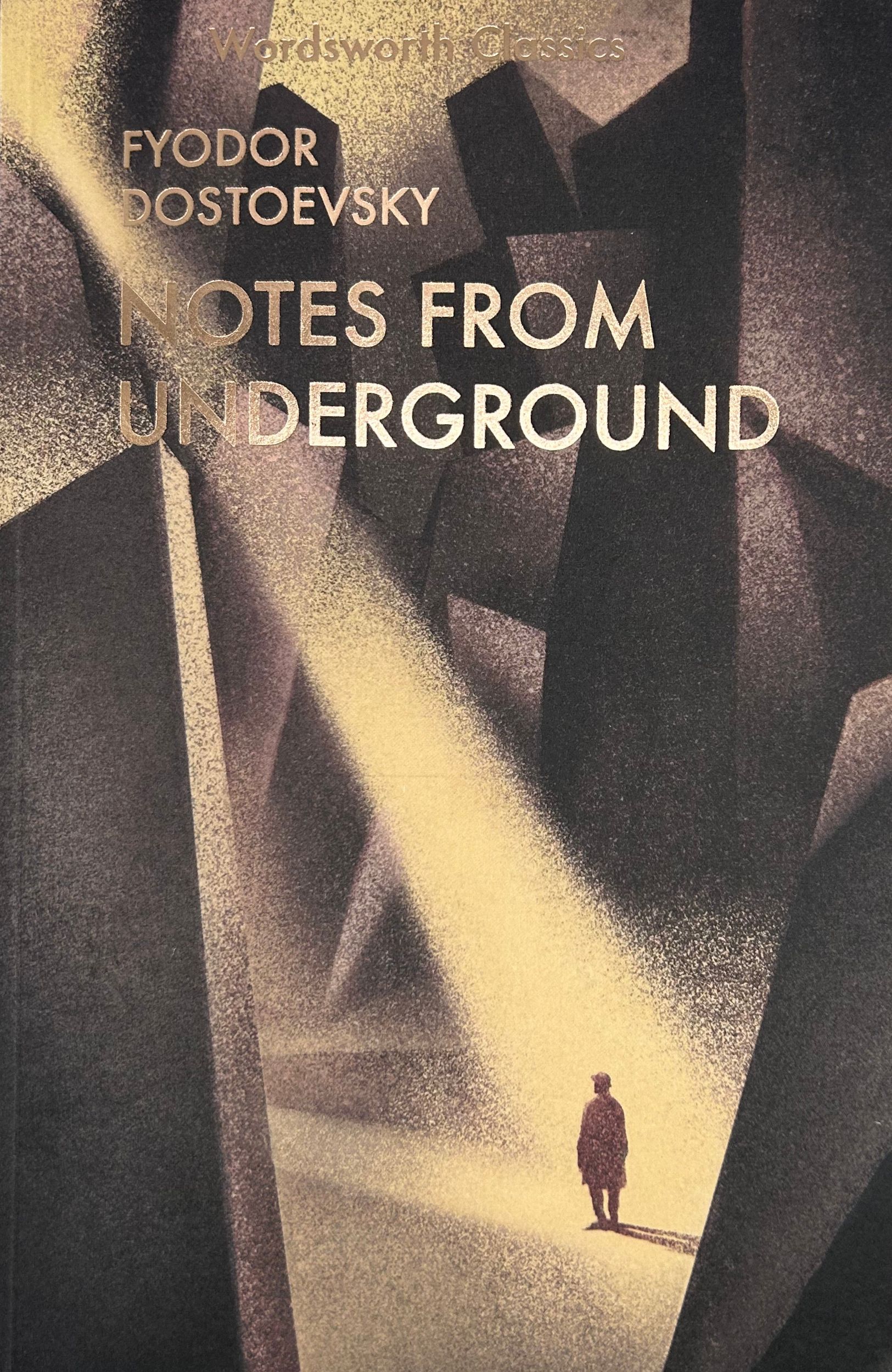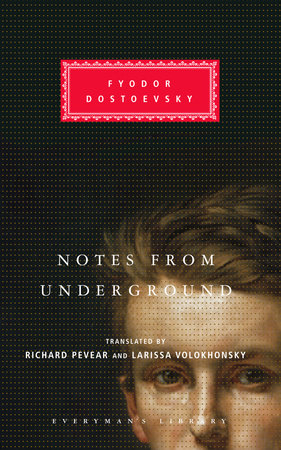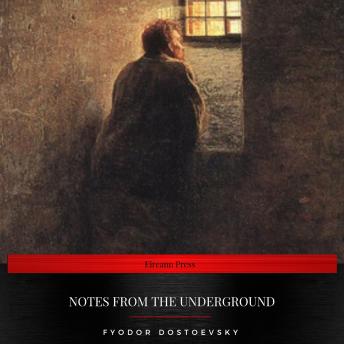Novella Analysis for "Notes from Underground" by Fyodor Dostoyevsky
108
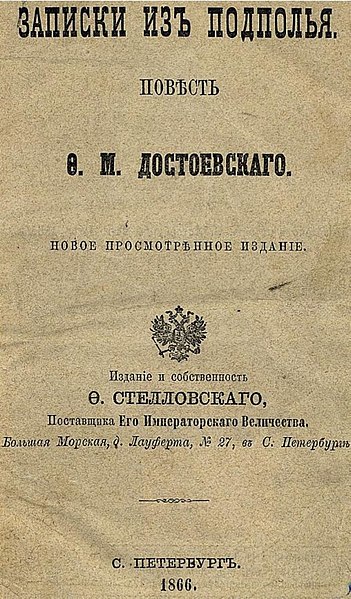
"Notes from Underground" by Fyodor Dostoyevsky is a novella that explores the darker aspects of human consciousness and serves as a precursor to existentialist thought. Here's an analysis of key elements in the novella:
1) The Underground Man's Alienation:
- The unnamed narrator, often referred to as the Underground Man, embodies a profound sense of alienation. His rejection of society stems from a belief that he is consciously choosing to be "underground" and separate himself from societal norms.

2) Critique of Rationalism:
- The Underground Man offers a scathing critique of 19th-century rationalism and utopian ideals. He argues that the pursuit of rational self-interest does not lead to happiness but rather to a sense of absurdity and meaninglessness.
3) Paradox of Free Will:
- The Underground Man grapples with the paradox of free will. Despite asserting his independence and free choice, he finds himself ensnared by his own destructive and self-sabotaging behaviors.
4) The Irrational and the Subconscious:
- Dostoyevsky explores the irrational aspects of human behavior and the influence of the subconscious mind. The Underground Man's actions often defy logic, reflecting the unpredictable and tumultuous nature of the human psyche.
5) Social Isolation and Bitterness:
- The Underground Man's isolation is both self-imposed and a result of societal rejection. His bitterness toward others and his own self-loathing contribute to a cycle of alienation and misery.

6) Analysis of Consciousness:
- The novella serves as an in-depth analysis of human consciousness. The Underground Man engages in introspective monologues that delve into the complexities of self-awareness, highlighting the contradictions and internal conflicts within the human mind.

7) The Desire for Suffering:
- The Underground Man expresses a paradoxical desire for suffering, suggesting that pain and humiliation provide a sense of authenticity and rebellion against societal expectations. This theme foreshadows existentialist ideas regarding the authenticity of human experience.
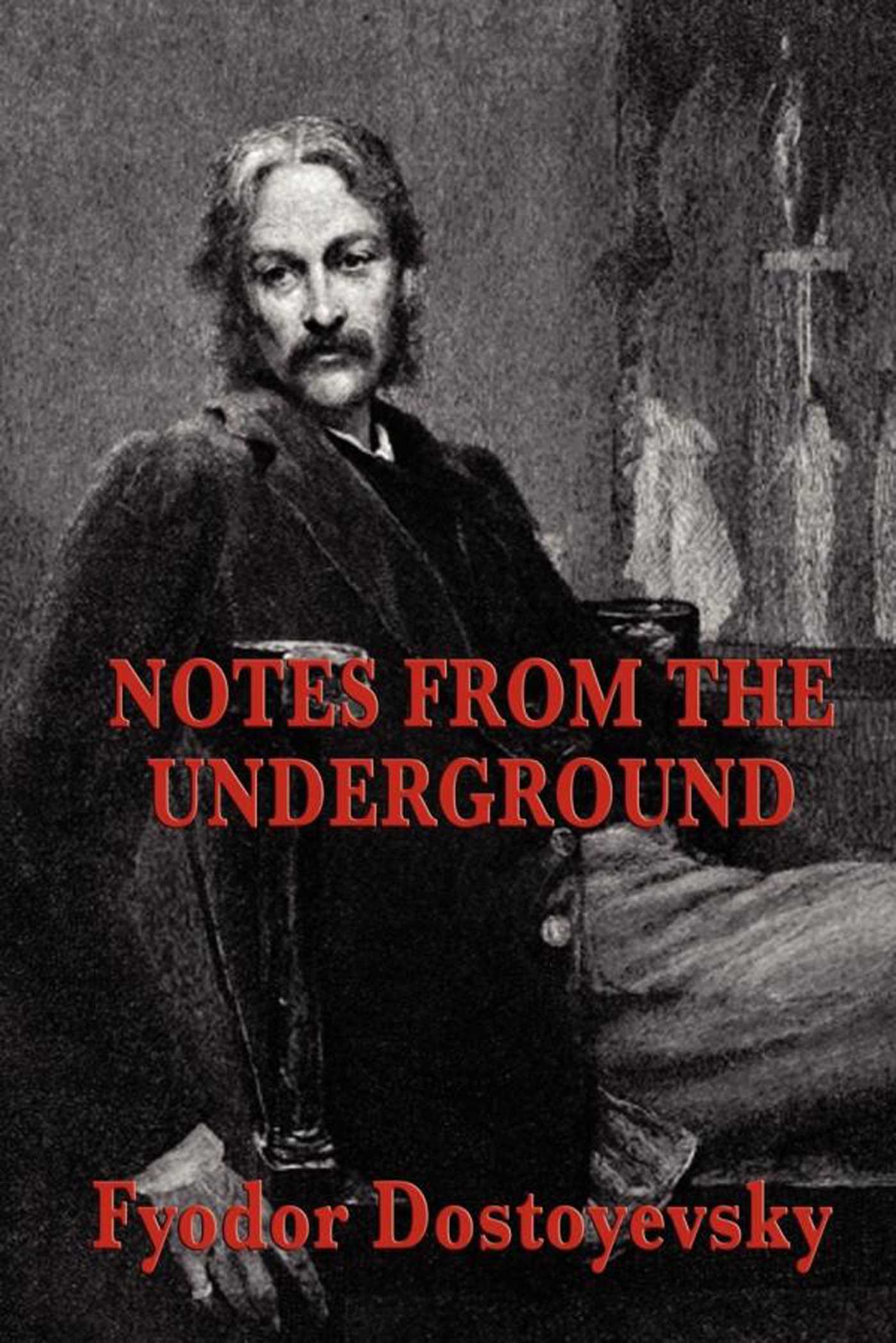
8) Existential Themes:
- "Notes from Underground" is considered a precursor to existentialist thought, exploring themes such as individual freedom, the search for meaning, and the inherent absurdity of existence. The novella anticipates later existentialist philosophers' inquiries into the nature of human existence.

9) Impact on Literature:
- Dostoyevsky's exploration of the human psyche and the existential dilemmas faced by the Underground Man had a profound influence on later literature, philosophy, and psychology. His innovative narrative technique and psychological depth set the stage for the emergence of modernist and existentialist literature.

10) Irony and Humor:
- The novella is infused with irony and dark humor, particularly in the Underground Man's self-deprecating and sarcastic tone. This use of irony adds depth to the exploration of the human condition.
In summary, "Notes from Underground" is a psychologically intense and philosophically rich novella that delves into themes of alienation, free will, and the irrational aspects of human consciousness. Dostoyevsky's exploration of these themes has left a lasting impact on literature and existentialist thought.
I recommend you to listen ''Notes from Underground'' audiobook for those who don't have time to read;
Notes from Underground by Fyodor Dostoyevsky Audiobook;
References;
- Reference is made to "Napoleon—the Great and also the present one", setting the story in the reign of Napoleon III (1848–1870); and "the whole of the nineteenth century in which Buckle lived", setting the story after the death of Henry Thomas Buckle (1821–1862).
- Alex Beam, The Feud: Vladimir Nabokov, Edmund Wilson, and the End of a Beautiful Friendship, 2016, ch. 8 "We Are All Pushkinists Now", p. 114
- Dostoevsky, Fyodor (2001). Notes From Underground. Translated and edited by Michael R. Katz (2nd ed.). W.W. Norton. p. 152 (n 3). ISBN 0393976122.
- Bakhtin, Mikhail (1984). Problems of Dostoevsky's Poetics. University of Minnesota Press. p. 227-28.
- Bird, Robert. "Introduction: Dostoevsky's Wager". Notes from Underground. Translated by Yakim, B. Grand Rapids MI: William B. Eerdmans. pp. vii–xxiv. Quote from p. x: "The views that brought Chernyshevsky to this vision were close to utilitarianism, meaning that actions should be judged in terms of their expediency. Naturally, utilitarians assumed that we can know the standard against which expediency can be measured: usually it was economic well-being. In Chernyshevsky's rational egotism, utlitarianism as a method coincided with socialism as a goal: in essence, it is in everyone's individual self-interest that the whole of society flourish."
- Morson, Gary Saul (1994). Narrative and Freedom. Yale University Press. p. 27.
Thank you for reading!
You can complete great comment tasks at here. #notesfromunderground #fyodordostoyevski #novella #bookreview #audiobook #reading


